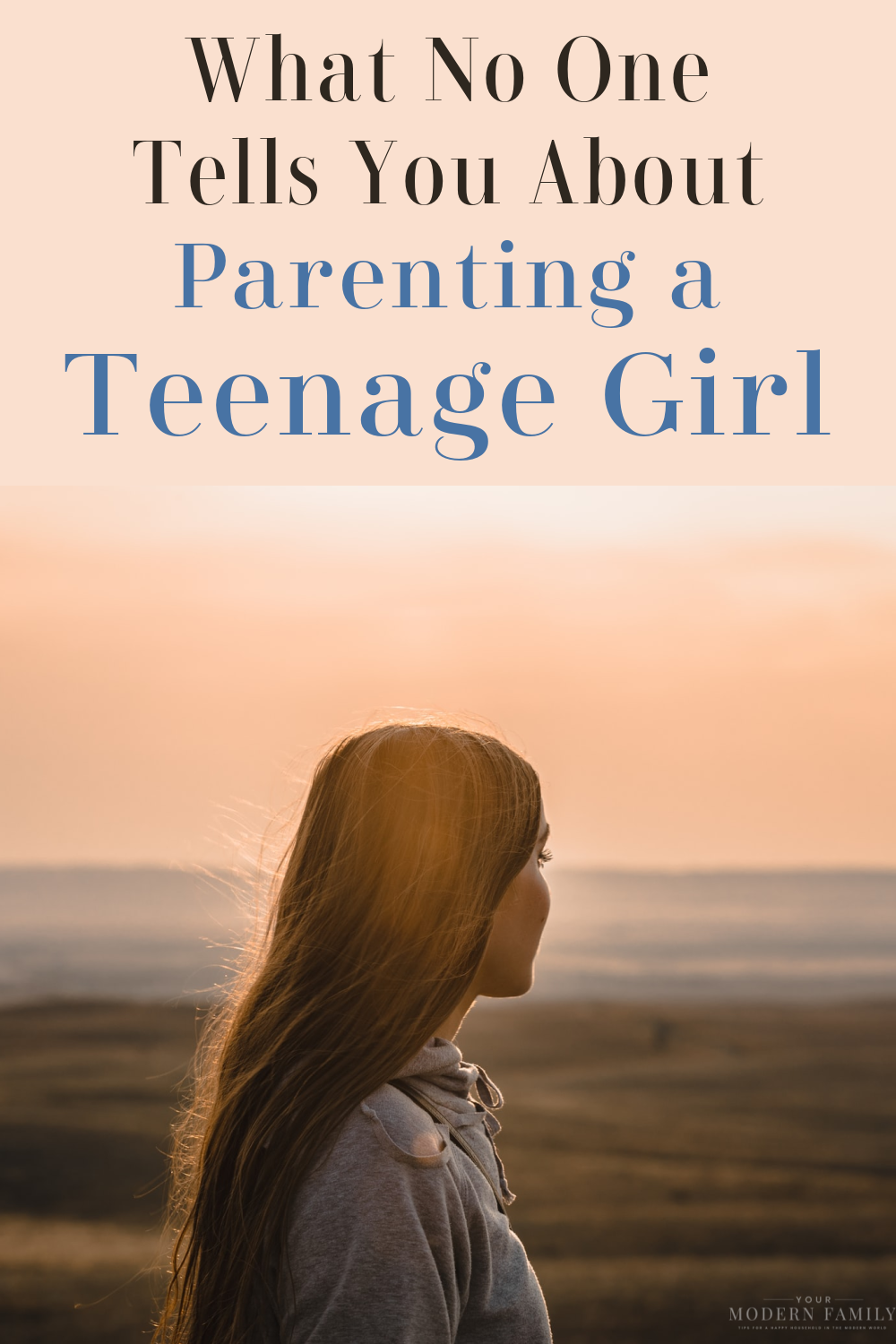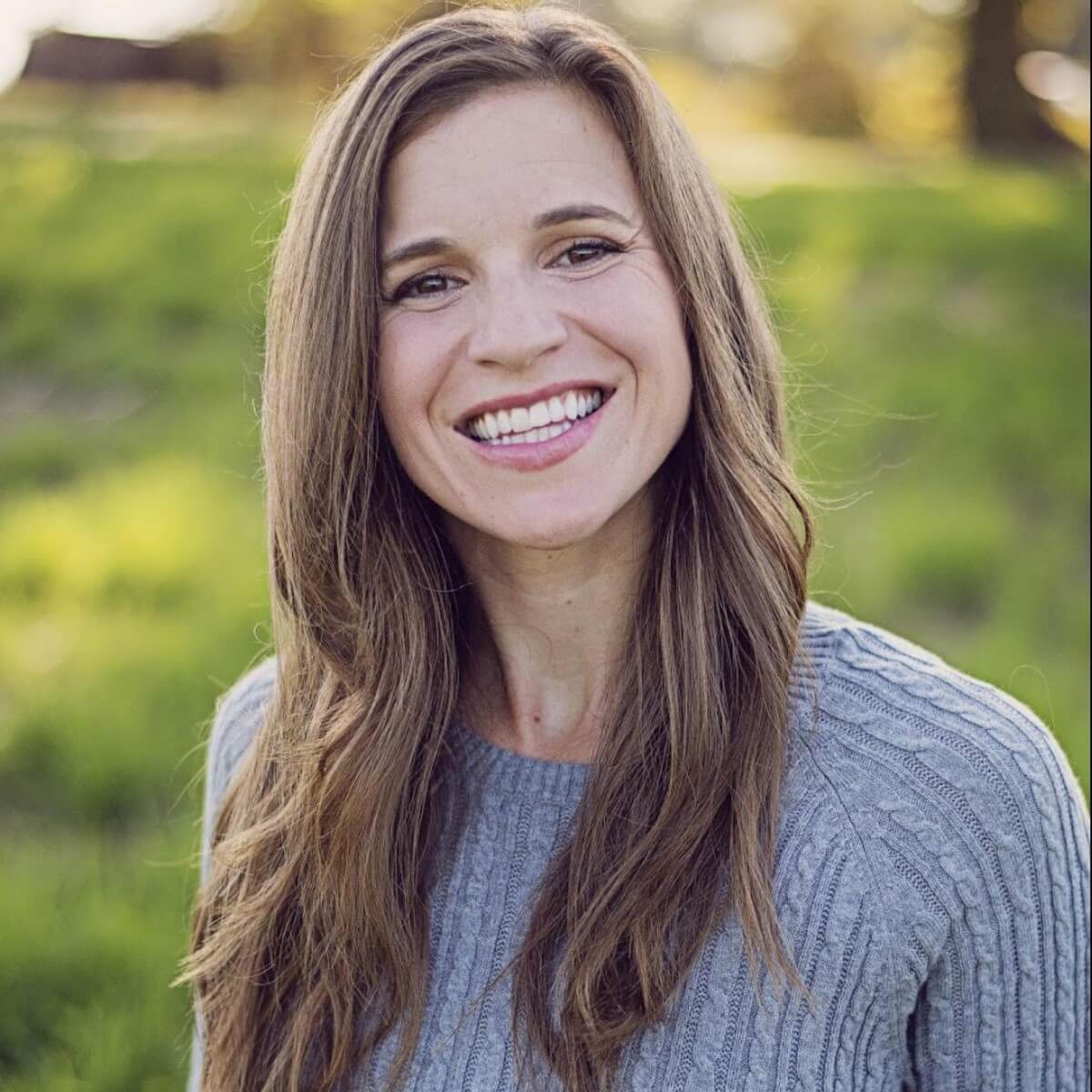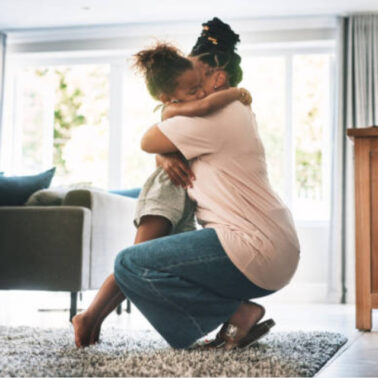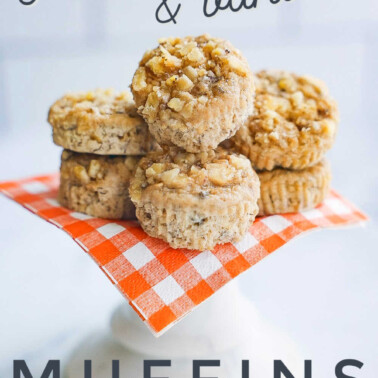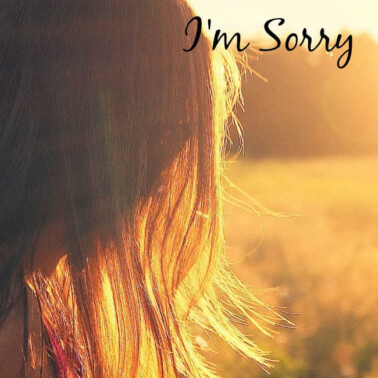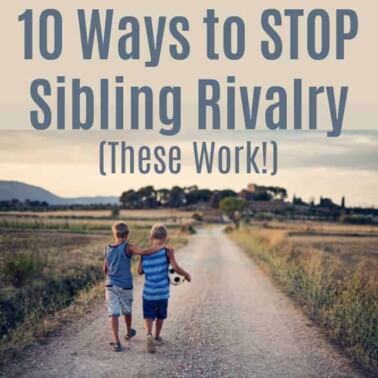This post may contain affiliate links. Please read our disclosure policy.
There is something that your tweens & teens aren’t telling you.
My family is very involved in the education system. I am a teacher and therapist, my brother is a high school principal, and my sister-in-law is a middle-school teacher. We’ve seen the shocking truth about what tweens and teens aren’t telling their parents and it’s time to shed some light on it.
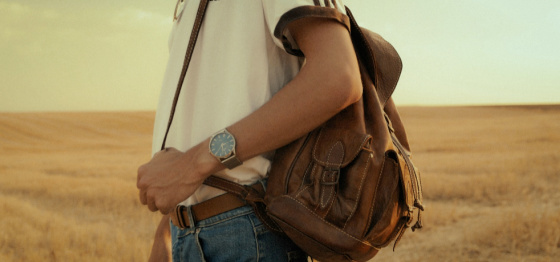
My brother, Tim, has had the opportunity to travel to many countries and states, visiting high schools and talking to their administration, staff, and students. I was shocked and terrified by what he has seen and heard. It is the reason I felt that I needed to pass the knowledge onto other parents.
The other day, Tim and I were discussing middle school and high school with our teenage boys. We talked about how it is becoming more and more common for these kids to be doing drugs. I talk about this almost daily in our house – the dangers, the pressures from peers, etc. I don’t want to leave anything off the table.
Our kids said that they know many peers who are vaping and using e-cigs. A friend of the family is all too familiar with this. Two years ago, her son tried vaping in high school and ended up in the hospital, seizing. He now has brain damage. Unfortunately, the vape that he got from his friend was unknowingly laced with a dangerous chemical. There are so many stories of trauma or death from situations like this.
The scary part is that the worst one is what is right under our noses. Young teenagers and even tweens are doing drugs that are in the homes of their friends, family, and maybe even their own homes, right now.

Tweens & Teenagers are experimenting with drugs at a MUCH younger age…
Here’s what your kids need YOU to know:
My brother had the unique opportunity to attend a public service meeting at our local police department. At this meeting were representatives from several local schools, churches, and other concerned citizens in the local community all coming together to learn about the issue of teenagers and pre-teens experimenting with drugs.
Now, one may think that the drugs being discussed were the likes of heroin, cocaine, and marijuana; yet, this meeting was focused solely on drugs more readily available to the average teenager or preteen: prescription medicine.
Prescription medication can be found in most households. It is how many accidents occur.
In fact, CBS News reports that one out of every ten kids ages 12 to 17 is currently a user of illicit drugs, according to a government survey.
I don’t think that I knew anyone that was doing drugs when I was in school (and if they were, I was oblivious to it.) Things have certainly changed.
So, today, we are sharing some of that knowledge.
Keep Medications Locked Up
Many people have current or old medicine that was prescribed for a variety of reasons. I know in our house, we keep our medication up high, but we also keep some in our bathroom medicine cabinets. This cabinet has no lock and stays closed with the assistance of a two-inch magnet.
As I looked through the medication, I found bottles of pills designed to calm nerves, an old bottle of opioid pain relievers, amongst others. I never counted the pills, so I could not tell you how many pills were in each bottle. I didn’t know if it was expired or not. In examining my medicine cabinet, it was evident that I was setting the stage for a major temptation as my children get older. Not just for them, but for their friends, as well.
According to Drugfree.org 2/3 of teens who report the abuse of prescription medicine got them from the homes of friends, family, and acquaintances.

The issue that we discussed was the growing trend of teenagers taking prescription medicine. According to the Partnership for Drug-Free Kids website, two-thirds of teens who report the abuse of prescription medicine are getting them from friends, family, and acquaintances.
In some cases, kids may not even be aware of the type(s) of medicine they are ingesting.
Even the thought of one of my children taking one or multiple pills from my medicine cabinet scared me to death. Kids are curious… they hear about taking medication from friends, and they have a curiosity that may lead them to make a poor decision.
Why make it tempting for them? Why give them the opportunity?
Six things to do today.
Here are the six things to do to be proactive and safe.
- Inventory: Check and count the medication that is in the home. Count any prescription medication to ensure that you are aware if any pills go missing.
- Secure: Keep your medication in a locked safe or cabinet. Though this may be inconvenient to lock up our medication, it is worth punching in a six-digit code to ensure that my children or their friends are not able to have access to our medication.
- Talk: I talk to other adults (family and friends) about the growing issue of students using prescription medications since children may be tempted to experiment as they get older. I ask them to lock up any medication because we all have children and this is important.
- CONTINUE TO DISCUSS WITH MY CHILDREN: I talk to them about medicine such as when someone should take medicine, what to do if they find a bottle, etc.
I try to be open and honest and with my children. One of the biggest mistakes that parents make is not having conversations with their kids, out of embarrassment.
In addition to prescription medication, I also talk openly with my children about bullying (both sides of it), working hard, and what to do if they see a gun.
Talking to your children is extremely important.
Also, encourage your children to come to you if they need help.
- Do not be judgemental when your children tell you something.
Be open and listen when they tell you things. They trust you and value your advice and opinion, so give it in a kind and understanding way.
- Encourage them to come to you NOW, so they will remember to go to you THEN.
While their problems may seem small when they are very young… one day our children will have more significant problems, and that is when they will need an adult’s wisdom, experience, and problem-solving skills.
- Dispose of medicine: I learned that our local police stations have a lockbox where an individual can dispose of old medication 24 hours a day.
Upon learning this, I located all of the medication that we no longer used and took it to the police station. This action was incredibly easy, and I know that we do not have any medication in our house that we are not currently taking. Properly disposing of medication allows for me to be more diligent in inventorying our medication. I no longer have to worry or check medication that we don’t need because it is no longer in our house.
Have You Read These Yet?
What I want our sons to know before they are teenagers.
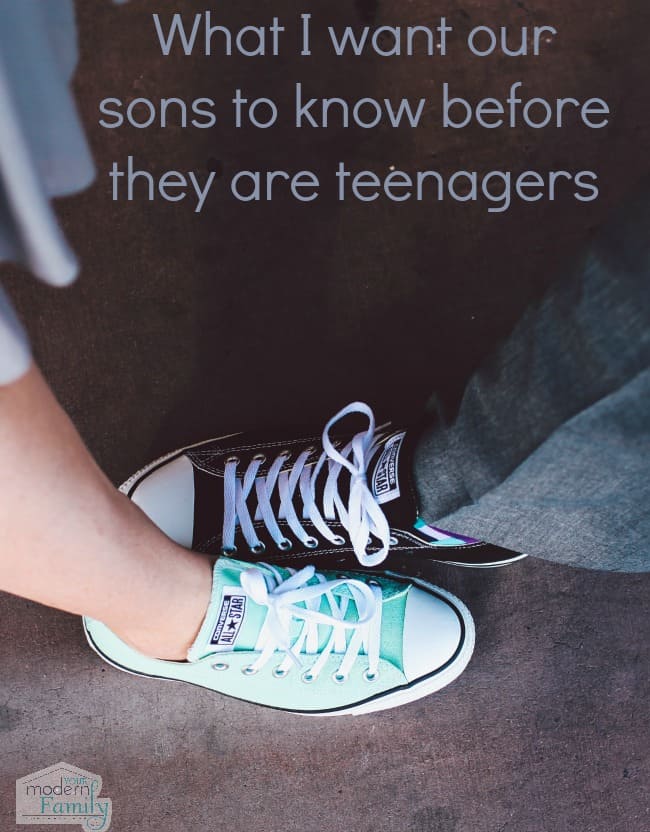
What No One Tells You About Parenting Teenage Sons
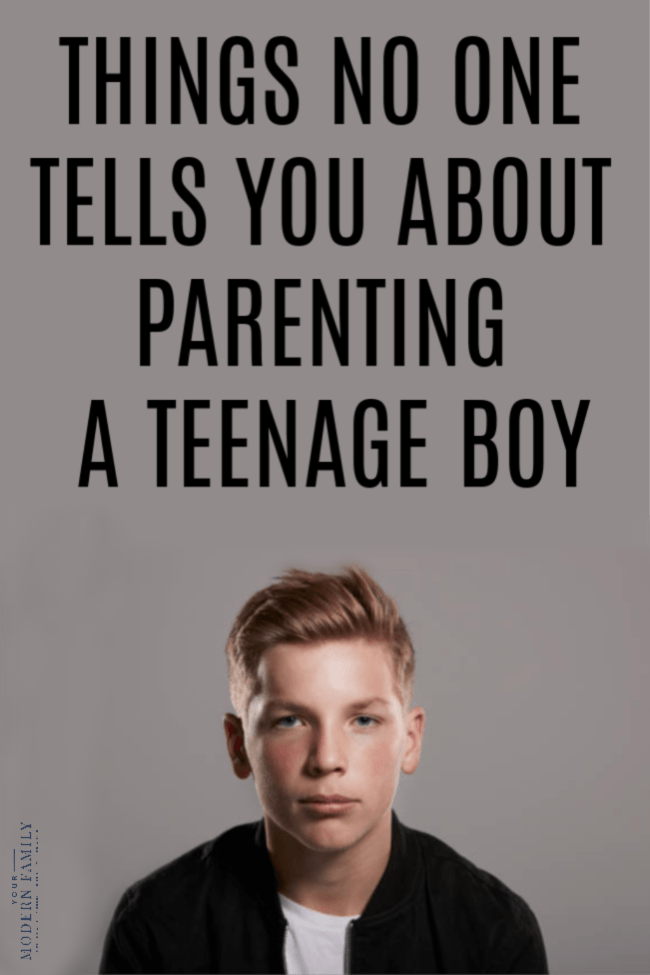
What No One Tells You About Parenting Teenage Girls
